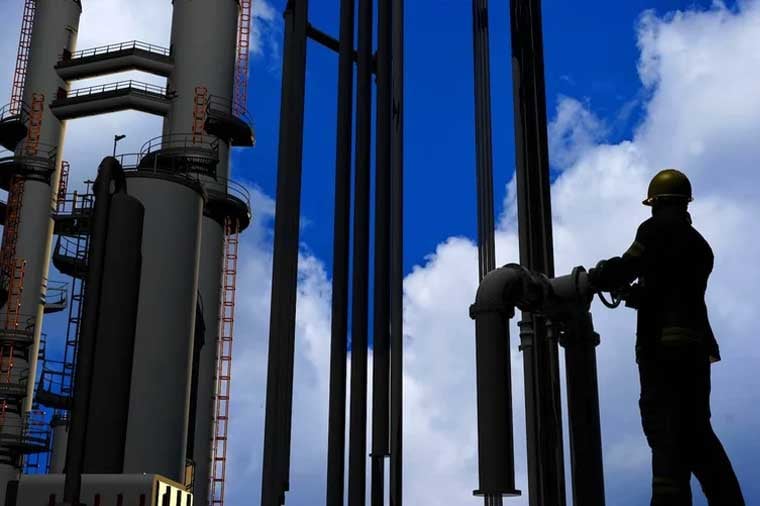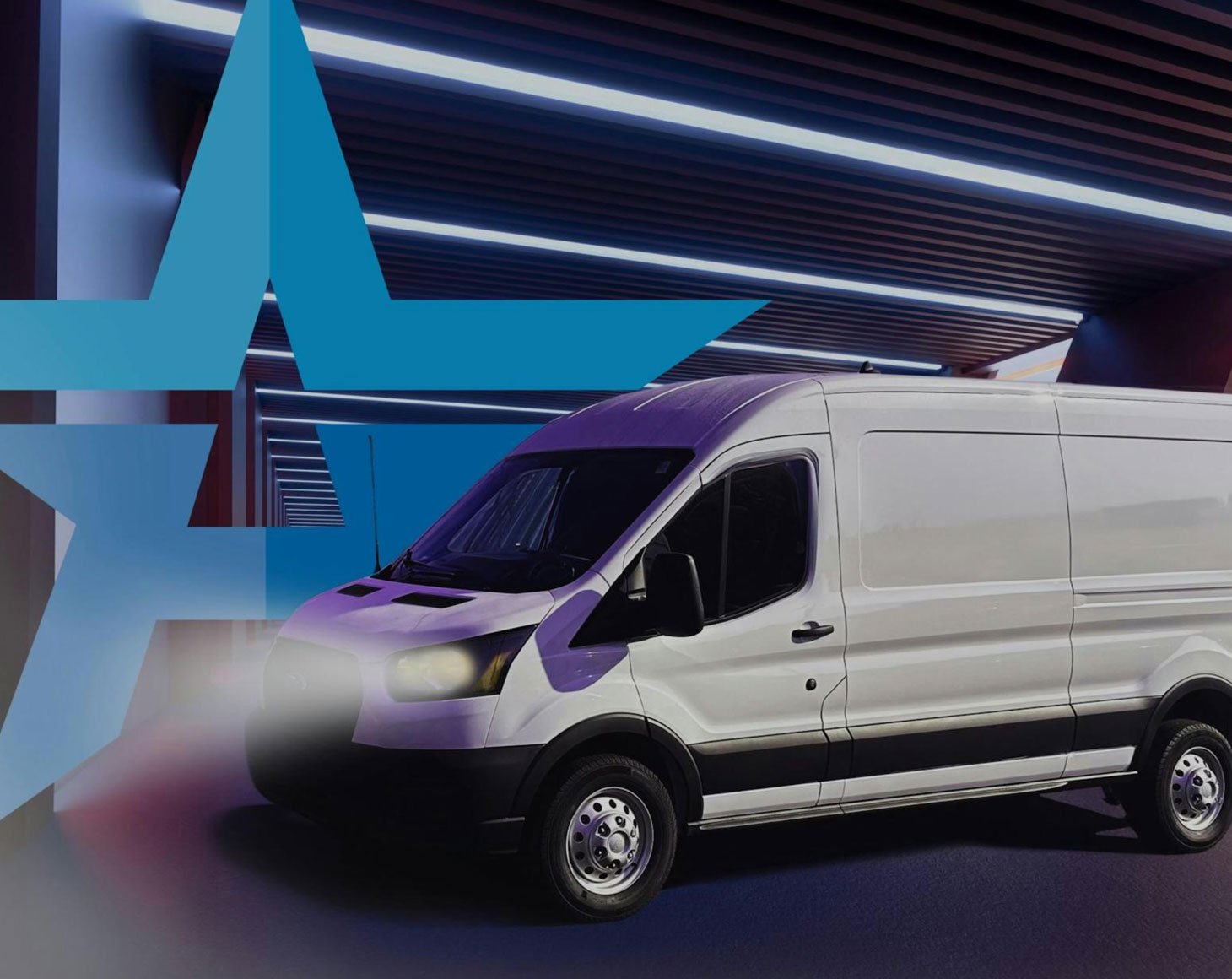Houston, Texas, is a bustling hub for logistics and transportation. Its strategic location, coupled with a robust network of highways and the Port of Houston, makes it a prime spot for trucking companies.
THE IMPORTANCE OF TEXAS TRUCKING SERVICES
The trucking and logistics industry is a cornerstone of Texas’ economy, ensuring the seamless movement of goods across the state, the nation, and international markets. With its vast geography, major trade corridors, and one of the busiest ports in the country, Texas relies on a robust expedited transportation network to support industries such as energy, manufacturing, agriculture, and retail. Trucking plays a crucial role in supply chain efficiency, enabling businesses to meet market demands, reduce delays, and maintain productivity. Without a strong trucking and logistics sector, Texas businesses would struggle with distribution challenges, higher costs, and reduced competitiveness in both domestic and global markets.
TALK TO AN EXPEDITOR NOW
Get a Quote in Minutes for Your Time-Critical Freight Needs
How to Find the Right Texas Trucking Company
Finding the best Texas trucking company for your company's needs requires careful consideration of several factors. Start by identifying your specific shipping needs, such as freight type, delivery speed, and route coverage. Whether you require expedited, long-haul, or specialized trucking, choosing a company with expertise in your industry is essential. Research potential providers by checking their reputation, customer reviews, and safety records. The Texas Department of Motor Vehicles and the Federal Motor Carrier Safety Administration (FMCSA) provide valuable resources for verifying a company’s credentials and compliance with regulations. Additionally, look for trucking companies with modern equipment, real-time tracking capabilities, and strong customer support to ensure smooth and transparent operations.
Cost and service reliability are also crucial factors when selecting a Texas trucking company. Request quotes from multiple providers and compare pricing structures, but avoid making decisions based solely on the lowest rates. Instead, prioritize companies that offer a balance of competitive pricing and dependable service. Consider their fleet size, driver experience, and ability to handle fluctuations in demand, especially if your business requires frequent shipments. Partnering with a trucking company that provides flexible solutions, such as expedited services or temperature-controlled transport, can be beneficial for industries with time-sensitive or perishable goods. Ultimately, choosing the right trucking partner in Texas involves thorough research, clear communication of your needs, and a commitment to reliability and efficiency.
Services Offered by Houston Trucking Companies
Houston's trucking companies cater to the diverse needs of different industries, from small businesses to large corporations. Whether transporting goods locally or regionally, they ensure timely and reliable delivery. Among the services, hot shot trucking is notable for quick, smaller-scale deliveries. This service is invaluable for urgent and time-sensitive shipments. Companies also offer flatbed trucking, ideal for transporting large or irregularly shaped items.
Additionally, Houston trucking companies provide:
- Less-than-Truckload (LTL) and Full Truckload (FTL) shipping
- Specialized transportation, including hazardous materials
- Intermodal and cross-docking solutions

Emergency Shipping Solutions: Hot Shot Companies in Houston
Hot shot trucking services are designed for time-sensitive deliveries. These services cater to urgent and emergency shipping needs. In Houston, they play a vital role, especially in industries requiring rapid delivery of parts and equipment. Hot shot companies offer flexible and efficient transportation solutions. They use smaller, faster vehicles to deliver goods quickly. This approach minimizes delays, ensuring prompt response to client demands. For businesses in Houston, partnering with a reliable hot shot company provides peace of mind. It ensures that critical items are delivered on time, maintaining smooth operations and avoiding costly downtime. This reliability is invaluable in today's fast-paced market.

The Benefits of Working with Local Houston Carriers
Choosing local Houston carriers offers distinct advantages. They possess in-depth knowledge of the area and traffic patterns. This local insight facilitates more efficient deliveries and route optimization. Moreover, local carriers provide a more personalized service. They are often more flexible and responsive to client needs. Establishing long-term relationships with these carriers can lead to better communication and tailored solutions, ultimately enhancing your business's logistics operations.

Choosing the Right Partner for Your Transportation Needs
Selecting the ideal trucking company is crucial for efficiency. It impacts your logistics and overall business success. Make sure to consider reliability and service diversity when making your choice. Assess the company's safety record and customer service. These factors are key in ensuring seamless operations. By choosing wisely, you secure a valuable partnership that supports your long-term growth and supply chain effectiveness.

Texas Industries That Rely on Trucking Services

Manufacturing
The manufacturing industry in Texas depends on trucking services to keep production lines running smoothly and efficiently. Raw materials, components, and equipment must be transported to manufacturing facilities on schedule to avoid costly delays in production. Once goods are produced, trucking plays a vital role in distributing finished products to warehouses, retailers, and customers across the state, the country, and international markets. Given Texas’ vast size and strong industrial base, reliable trucking services are essential for maintaining supply chain efficiency and meeting market demands. Without an extensive trucking network, manufacturers would struggle with logistical challenges that could disrupt operations and hinder economic growth.
Retail and E-Commerce
The retail industry in Texas relies on expedited trucking services to keep shelves stocked and meet consumer demand in a fast-paced market. With a high volume of goods moving through distribution centers, warehouses, and storefronts, retailers depend on quick and efficient transportation to replenish inventory and respond to fluctuations in demand. Expedited trucking ensures that perishable items, seasonal products, and high-demand goods arrive on time, preventing stock shortages and lost sales. In an era of e-commerce and rapid delivery expectations, retailers also use these services to fulfill online orders and provide same-day or next-day shipping options to customers. Without expedited trucking, retailers would face logistical bottlenecks that could impact customer satisfaction and profitability.
Food and Beverage
The food and beverage industry in Texas depends on expedited trucking services to ensure the timely delivery of perishable goods, maintaining freshness and quality from production to distribution. Restaurants, grocery stores, and food processing facilities rely on rapid transportation to receive fresh produce, dairy, meat, and other temperature-sensitive items before they spoil. Expedited trucking also plays a crucial role in restocking high-demand beverages and packaged foods, ensuring that consumers have access to their favorite products without interruption. With the growing demand for online grocery shopping and food delivery services, fast and reliable transportation has become even more essential. Without expedited trucking, supply chain delays could lead to food waste, financial losses, and shortages that disrupt the industry.
Oil and Gas
The oil industry in Texas depends on expedited trucking services to transport critical equipment, materials, and supplies to drilling sites, refineries, and distribution centers without delay. Given the industry’s time-sensitive operations, rapid delivery of drilling components, pipelines, chemicals, and replacement parts is essential to avoid costly downtime and keep production running smoothly. Expedited trucking also plays a key role in transporting crude oil, refined products, and emergency supplies to meet fluctuating market demands and regulatory requirements. In remote drilling locations where rail and pipeline infrastructure may be limited, fast and reliable trucking services provide a crucial logistical link. Without expedited transportation, delays in equipment and material deliveries could disrupt production schedules, increase costs, and impact overall industry efficiency.
Construction
The construction industry in Texas relies on expedited trucking services to ensure that materials, equipment, and supplies arrive at job sites on time, keeping projects on schedule and avoiding costly delays. With the state’s rapid urban growth and large-scale infrastructure projects, timely delivery of essential materials such as lumber, steel, concrete, and specialized machinery is crucial for maintaining efficiency. Expedited trucking helps contractors and suppliers quickly respond to unexpected shortages, last-minute design changes, and urgent project needs. Additionally, fast and reliable transportation supports just-in-time delivery strategies, reducing the need for excess on-site storage and minimizing downtime. Without expedited trucking, construction projects could face significant disruptions, leading to increased costs and delays in project completion.

